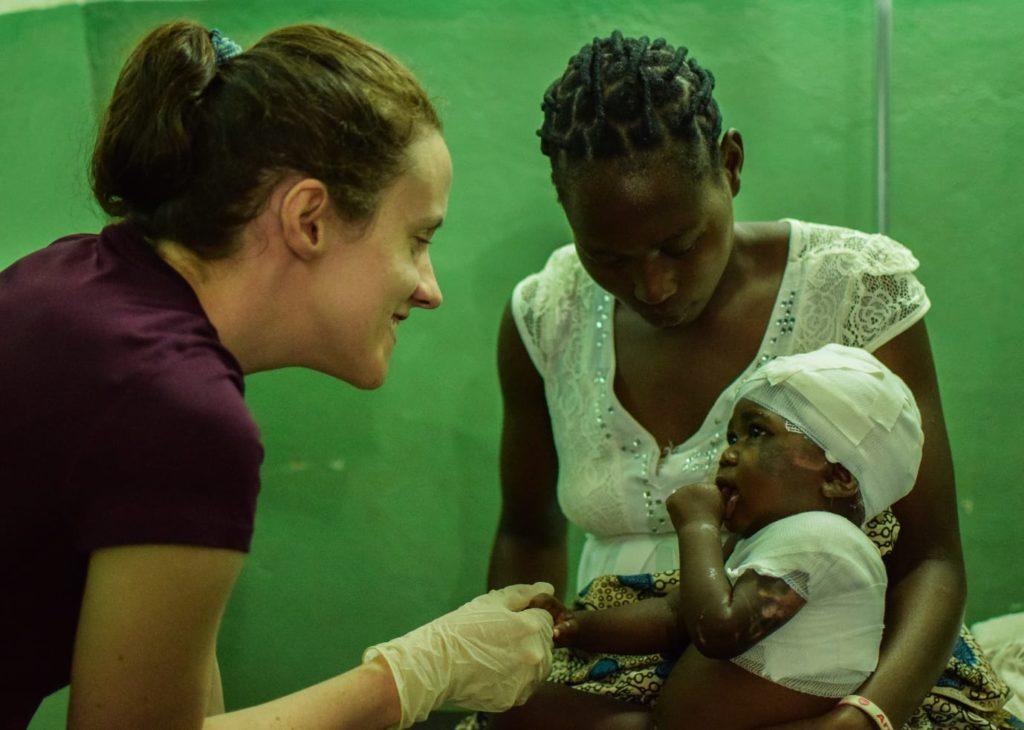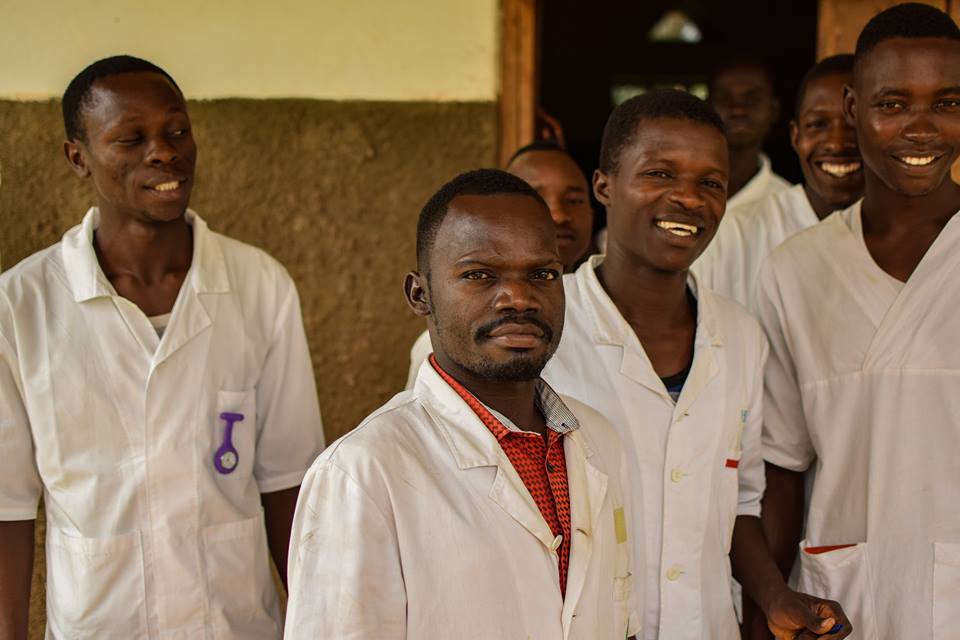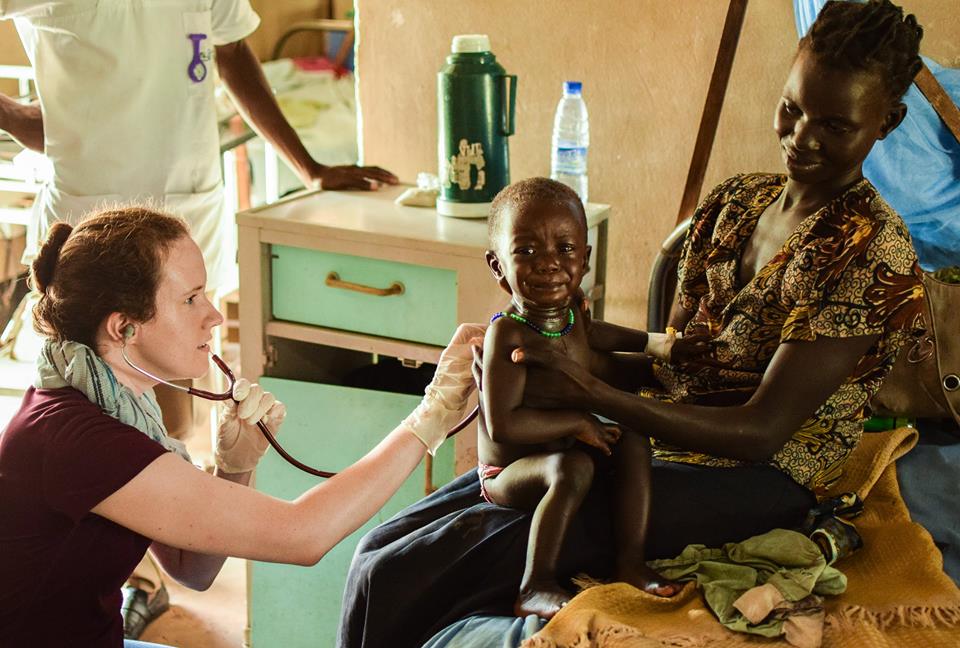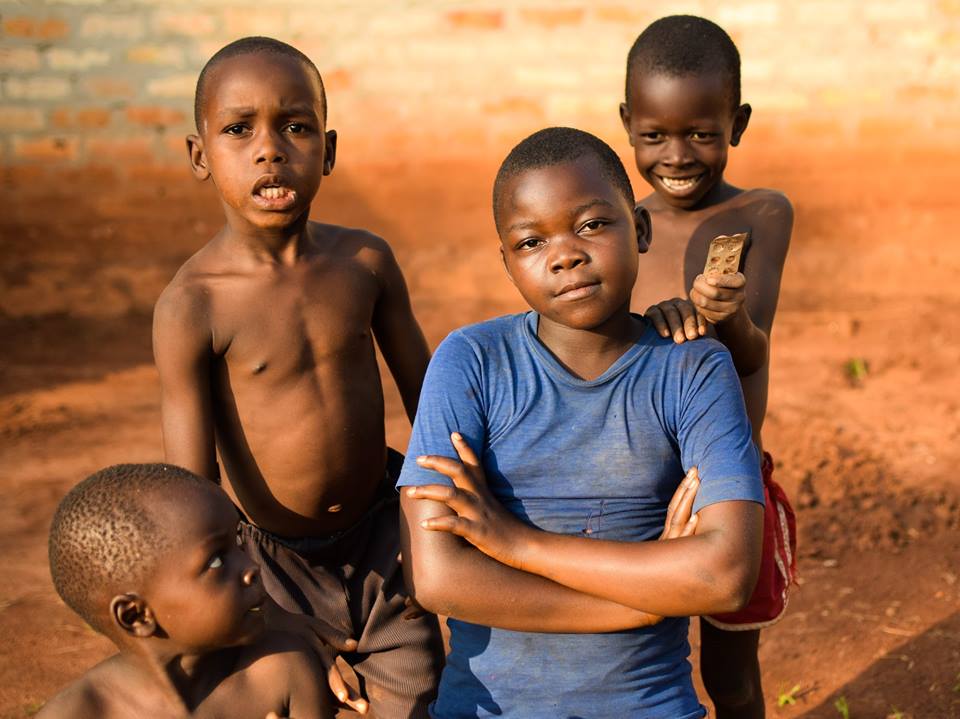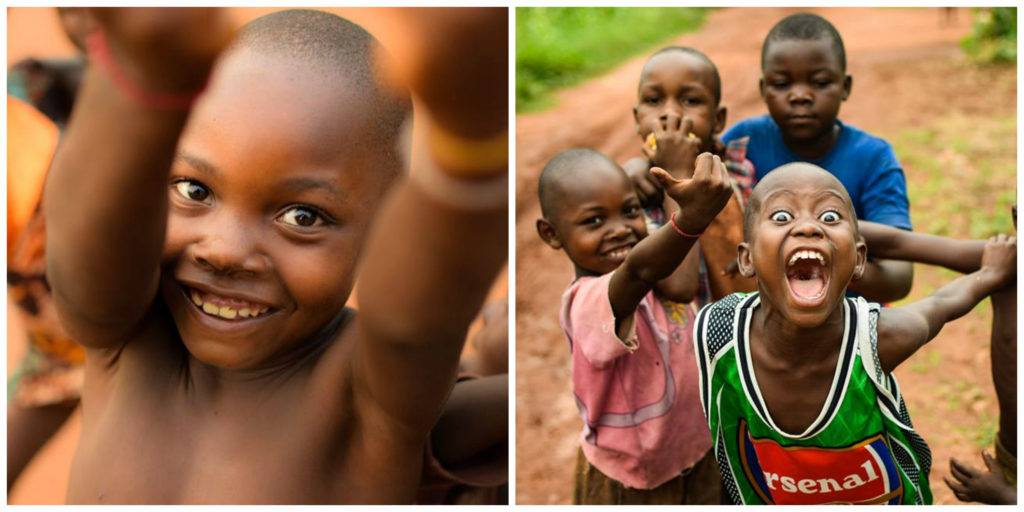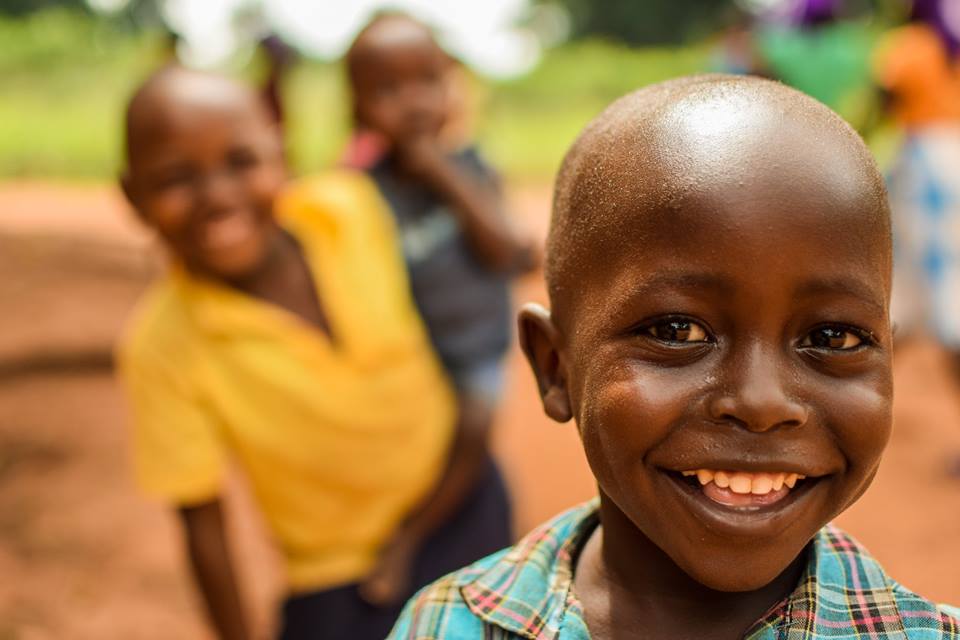Five Months on the Edge
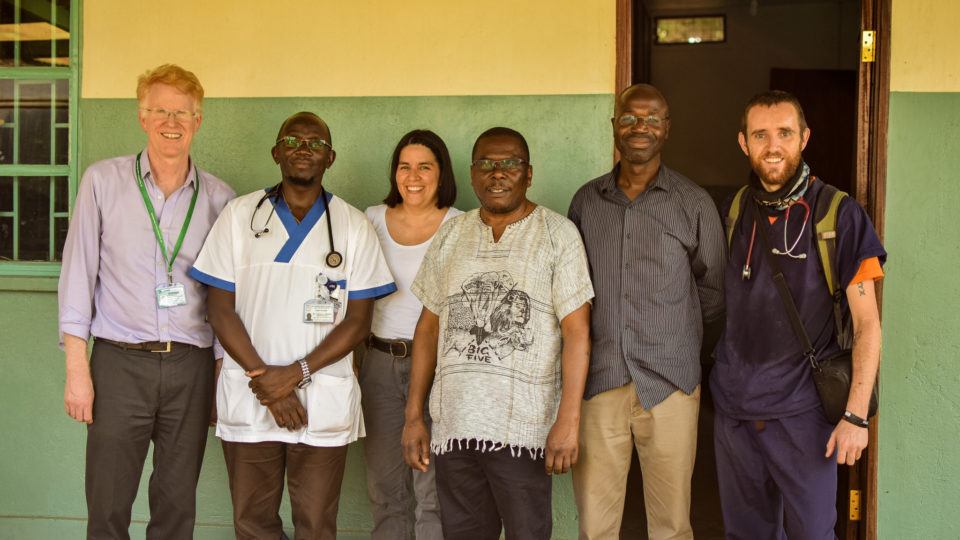
Matthew Jones, medical doctor and Aurora Fellow, is using his skills to serve the community in Nzara, South Sudan for nine months. In this piece, Matthew shares a raw reflection of his time in South Sudan. It’s difficult work, but Matthew is committed to continue serving in whatever capacity he is able.
It’s day 150, approximately, of my voluntary placement in Nzara, South Sudan, the newest and most fragile country in the world.
Today, I have dressed three burnt children. Joyce is 18 months old and turned up at our ward two weeks ago wrapped in a blanket, covered in cooking oil and sugar. The parents applied sugar to offset the cooking oil. No cruelty intended, but she smelt like a fried donut. We’ve dressed her every day since, keeping the infection at bay, and though she cries every time, I think we’re becoming firm friends.
I’ve cleaned, packed, and dressed a chest wound of a young man who was shot in the bush by rebels. Or the alternative story is that he was shot as a poacher by a local farmer. Truth here is a little slippery, and I’ve learned to take most stories with a pinch of precious salt.
As the evening on-call shift wound to a close, a young boy arrived, 13 years old, having fallen out of a palm tree. His left leg was deformed, a shattered femur. Anxious parents and relatives arrived with soldiers accompanying them all from their barracks. The soldiers here come from another part of the country and are viewed with suspicion at times; but they’re fiercely loyal and protective. I am aware of half a dozen sets of eyes, a gun over a shoulder, as I assess the boy. It doesn’t take years of medical training to spot a bad fracture; though years of training do not prepare you for what follows: putting the boy to sleep in the fading light of our duty room and under general anesthetic, administered as casually it seems as a lollipop to a child, and straightening his leg, before stabilizing it. It’s a brutal looking procedure, we could hear the boy’s muffled cries even with the sedative in his veins.
So, another day in the jungle, the 150th in a row, no break, no respite, no let-up. Oh yeah, and I’ve seen 40 children today, most of whom have malaria, one of whom will die overnight to my surprise; often when you least expect it, sometimes the children who look so well.
I’ve probably lost 30 children under my care to malaria so far; it gets easier but I try not to look at it like that. Fatalism has no place here. Determination and professionalism are the order of the day, no matter how much one wants to blame fate and walk off when a child is dying in front of you. It’s painful but you stay to the end, caring and being seen to care.
But, there’s also a simple joy to be had here, in simple pleasures, a simple satisfaction.
The joy of the positivity of the people, who have never offered me so much as a cross or cynical word or look; the white guy who might represent to them something of the world that neglects, forgets, sometimes exploits these communities in the edge of our awareness. No, there is nothing but curiosity and friendliness, a little bafflement at my early morning runs.
And the pleasure of crashing out in bed after a long day, knowing that for one more day, I’ve resisted a little of the chaos of the surrounding jungle, brought a little peace and calm to this place. Or perhaps a little peace and calm to my own mind that expects so much of the world.
And the satisfaction of bringing an expensive western education to bear on a place that cries out for a little attention and care. It’s not a grim experience here, but there are grim moments; seeing a boy with a leg literally rotting to pieces; a woman being brought in by bicycle after walking from neighboring Congo, dying of AIDS, in a state of such illness that it was a wonder she survived a day with us. The malnourished children in this land of bounty and plenty, their fragile form, the stretched skin and anguished cries; the mute women whose faces testify to years of childhood and lost infants. No, it’s not grim, it’s just life as we once knew it but no longer.
I am a long way past the point of believing I might offer much of a solution to the lives of the people here; the early days of confidence, perhaps a little arrogance, that I might make a lasting difference are gone. In their place there lies a steady resolve to do my best and accept the limits of what I can achieve.
120 days to go. I’ll keep going, doing my best, and try to remember each and every day how lucky I am to be here; how lucky I am to choose to be here: the privilege of choice and opportunity. And the privilege of being one of the small number of people in time and place who can choose moments of service and charity, luxuries of upbringing and education.
Thanks for reading.
